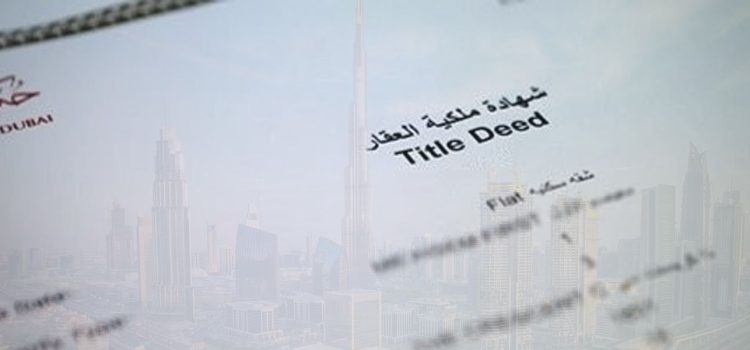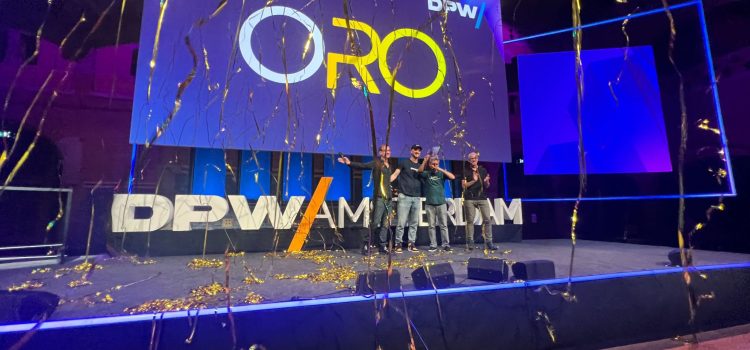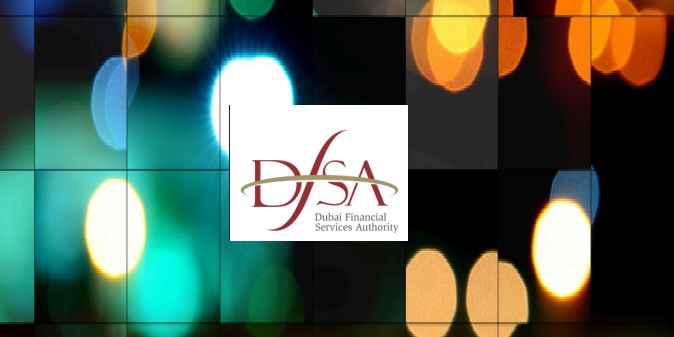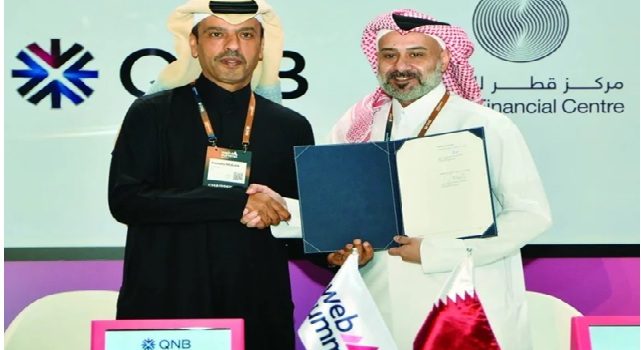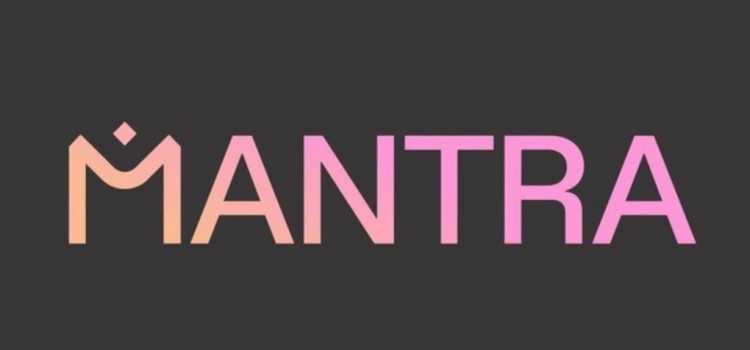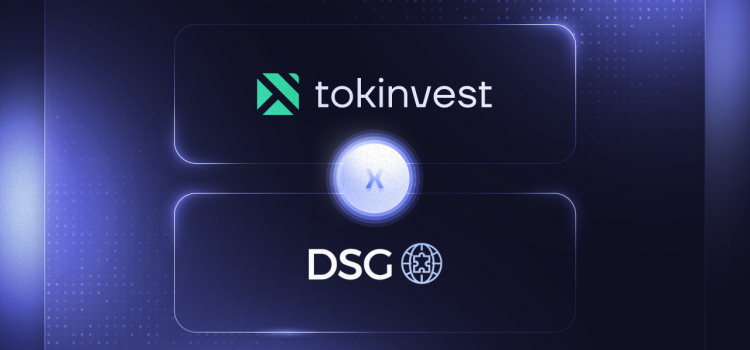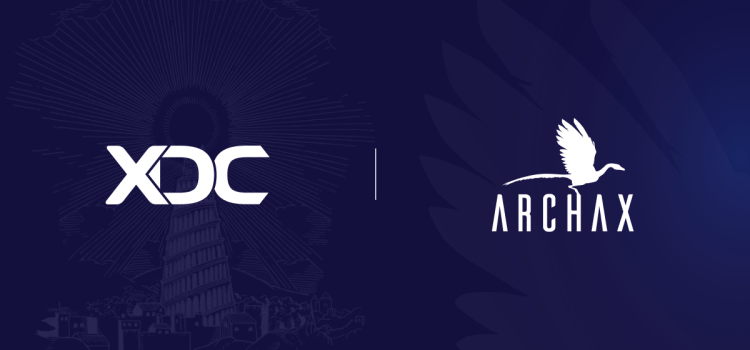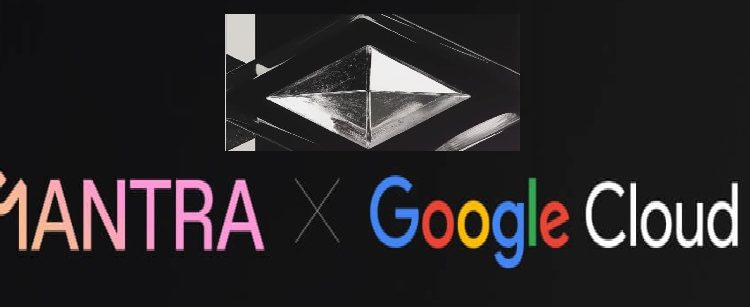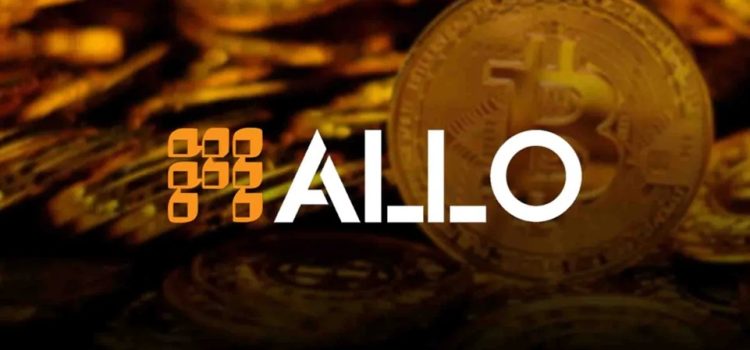
In line with the Dubai Real Estate Sector Strategy 2033, the Dubai Land Department (DLD) has launched the pilot phase of the ‘Real Estate Tokenization Project for property title deeds. As per the announcement, the initiative, introduced under the Real Estate Innovation Initiative ‘REES,’ establishes DLD as the first real estate registration entity in the Middle East to implement tokenization on property title deeds. The project is being implemented in collaboration with the Dubai Virtual Assets Regulatory Authority (VARA) and Dubai Future Foundation (DFF) through SandBox Real Estate.
DLD anticipates that this groundbreaking initiative will drive significant growth in the real estate tokenization sector, with its market value projected to reach AED 60 billion equivalent to $16 billion by 2033, representing 7% of Dubai’s total real estate transactions.
His Excellency Eng. Marwan Ahmed Bin Ghalita, Director General of Dubai Land Department, stated, “Amid rapid technological advancements and the increasing reliance on digital solutions, real estate tokenization emerges as a revolutionary tool driving fundamental change in the real estate sector. By converting real estate assets into digital tokens recorded on blockchain technology, tokenization simplifies and enhances buying, selling, and investment processes.”
He added: “It aligns with our strategy to unlock new opportunities for innovative real estate products, enhance property sector innovation, promote transparency and governance, and enable a wider pool of investors to participate in large-scale real estate projects in Dubai.
The announcement comes in the midst of increasing focus on tokenization in the UAE, as well as the announcement between DAMAC Group and MantraChain to tokenize $1 billion worth of assets.








